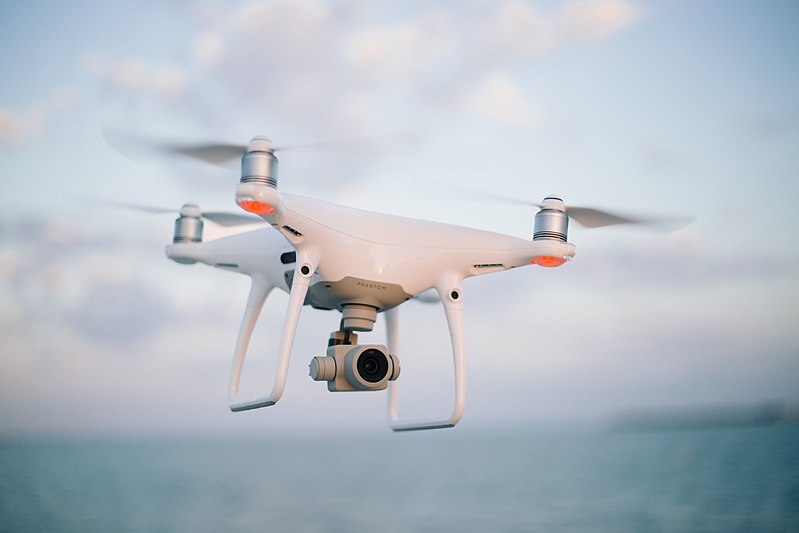I’m beginning to think that unmanned aerial vehicles—usually referred to as drones—are going to be next year’s must-have Christmas gift after their stunning Christmas-time performance at London’s Gatwick Airport.
For those who missed the excitement, mysterious drones appeared at Gatwick last week and shut down the entire airport for three days as security officials could not be certain what threat they posed. Those officials finally deployed “unidentified military technology” to protect the airport, and they have since arrested a man and a woman, neither of whom have been identified.
We might have guessed that giving civilians access to drone technology for fun and profit would lead to problems. After all, their initial use was military for spying on enemies and then assassinating them when desired—extrajudicial killings with a Jetsons-like twist.
It is indeed fun to think about a Jetsons-like world in which our packages are delivered by friendly drones (already being pioneered by Amazon). But anyone who gets a drone next Christmas could decide to park one near your home and take pictures from a discreet distance.
Gatwick is lucky to have a gaggle of security people to counter drones that threaten it. What could you do in your home? Would you even notice a drone hovering several hundred feet away?
An irate neighbor armed with a drone might decide to surreptitiously drop dog poop on your front steps. If the same neighbor is a little crazy, he might mount a gun on the drone and shoot you from a safe distance. How will anyone know who even shot you?
I can imagine the public demanding drone control legislation and (at least in the United States) the National Drone Association mobilizing its members to protect the right to bear drones. The association’s solution to the threat from drones will be for every home and business to have its own 24-hour sentry drone ready to shoot down invaders—a sort of mini Battle of Britain in every neighborhood.
This absurd scenario has already become a reality at Gatwick Airport. It stems from our belief that new technologies cannot and should not be stopped—and that (again, at least in the United States) we citizens have no right to demand that those new technologies which are potentially dangerous to the public be shown safe and useful before they are unleashed in an uncontrolled experiment.
We thought at one time that nuclear fission could easily be transferred from the theater of war into civilian life through the Atoms for Peace idea which promised electricity that was “too cheap to meter.” That process turned out to be far more complicated and fraught with danger than we imagined.
Many still believe genetic engineering of plants and now humans will allow us to become masters of the living world. But the living world is far more complex than our imaginings of it. And, our attempts to control it through genetic engineering put the entire planet of living things in jeopardy because of unintended and unanticipated consequences that can propagate through entire living systems.
As for drones, for the moment, if you want to get famous in a hurry, acquire some drones and fly them over sensitive public or military infrastructure and watch the security forces close in on you with reporters not far behind. It’s not clear how more incidents like the one at Gatwick Airport can be avoided without intrusively regulating who can buy drones, what uses they can be put to, and regular surveillance of those owning them to make sure they don’t do anything stupid.
How many of us think that that kind of intrusiveness should become a regular part of our society? And, how many more glittering new technologies will force us to face the same issues that we face with drones, issues related to the miniaturization and reduction in cost of existing technologies in a way that enables any individual to pose a far greater threat to society than ever before?
Photo: A quadcopter camera drone in flight. 14 April 2018. By Josh Sorenson. Wikimedia Commons. https://commons.wikimedia.org/wiki/File:Quadcopter_camera_drone_in_flight.jpg






